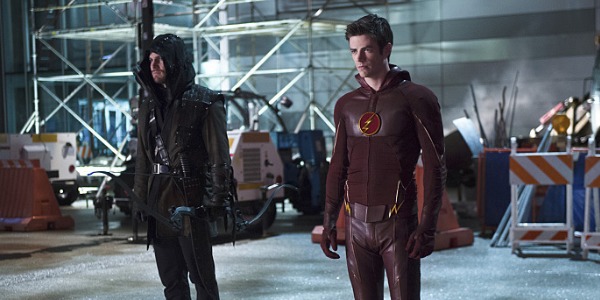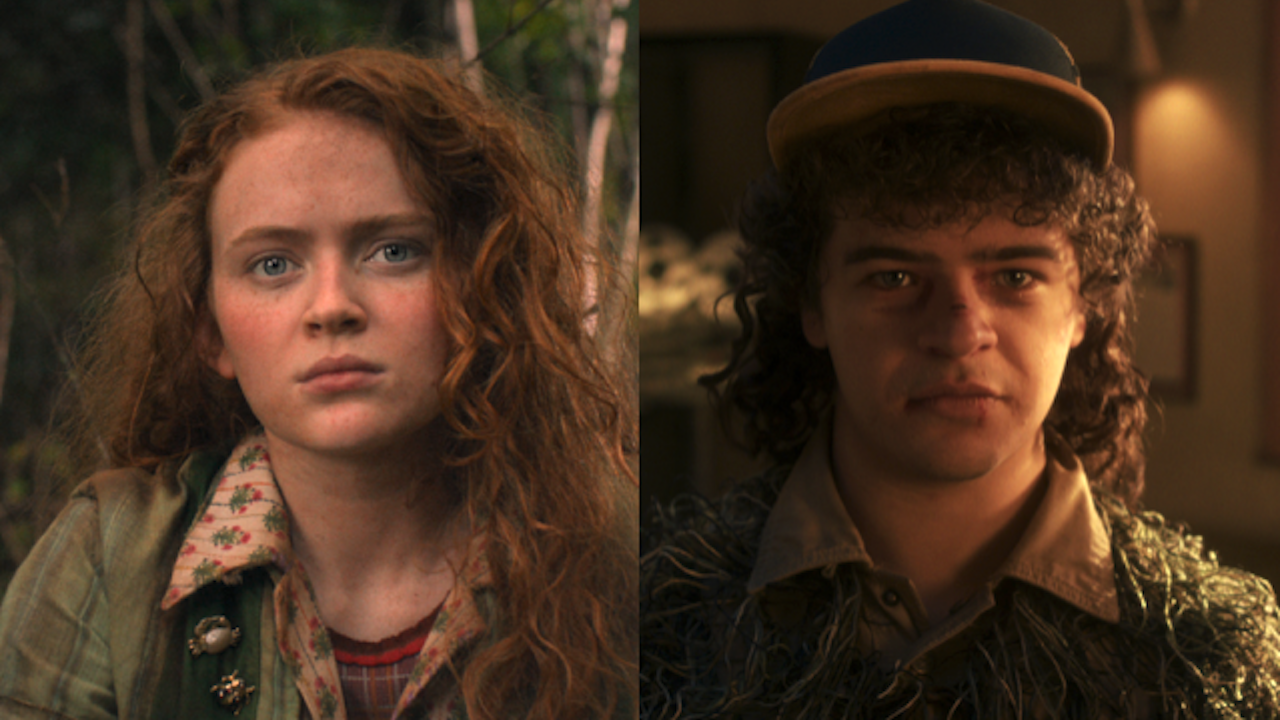The Big Change DC Made To Enable Its TV Shows To Flourish

If there is one genre that is taking the entertainment biz by storm, it's comic book properties. Both DC and Marvel have planned out plenty of ventures years and years in advance, and it seems like there’s always a new superhero movie or TV show coming together. Marvel has had greater financial success in film, but DC has definitely cornered the market on the small screen. According to DC Entertainment executive Diane Nelson, the reason for the success is simple: movies no longer trump television.
Nelson recently spoke to Variety, explaining the new balance between film and TV in the DC multiverse and that a policy was put into place where both the movies and TV could snap up whichever characters they want to develop. Here's what she had to say:
If there are any issues or sensitivities, we hash it out in the room. It no longer feels like a hierarchical situation where film will trump television.
It may come as a surprise that television is being given equal footing with film behind the scenes at DC Entertainment. After all, a blockbuster film about Batman that makes upward of a billion – yes, with a b – dollars at the box office surely brought in more revenue than Fox’s Gotham ever will. Still, the entertainment industry is changing, and ongoing successful television series can be sources of consistent revenue for any studio. By not reserving characters for use on the big screen, DC can capitalize on them on two major platforms.
DC Entertainment has been separating film from television ever since the premiere of Arrow back in 2012. Oliver Queen has never mentioned Gotham or Metropolis, and Stephen Amell will not be appearing as the Green Arrow in either Batman v. Superman in 2016 or Justice League in 2017.
The studio made its stance on separating film and television even more clear when Ezra Miller was cast as Barry Allen for the cinematic version of The Flash to premiere 2018, to the disappointment of fans of Grant Gustin’s Barry Allen on the CW’s smash success series of the same name. There will be two Barry Allens in DC Entertainment, but their stories won’t be the same.
Of course, the announcement of a film starring a different Flash hasn’t had a negative impact on the CW’s Flash. Now in its second season, The Flash has been a phenomenal success for network and studio alike. It joined Arrow in 2014 and is helping to launch upcoming spinoff Legends of Tomorrow. Supergirl on The CW’s parent station CBS has been a hit since premiering in fall of 2015, and Gotham over on Fox has been doing well enough. In fact, aside from the cancellation of Constantine on NBC, DC prime time TV shows have been overwhelmingly successful in recent years without being beholden to the cinematic universe.
Marvel has taken the opposite route by linking its cinematic and television universes. Agents of S.H.I.E.L.D. and Agent Carter on ABC have directly tied into the Avengers big screen universe, and even Netflix series Daredevil and Jessica Jones are connected. While there’s no denying Marvel’s success, there’s an appeal to being able to dabble in DC without needing to keep up on every single film and every single TV show to make sense of the universe.
Your Daily Blend of Entertainment News
DC Entertainment has positively flourished on the small screen as the television universe has had the freedom to develop without being limited by the characters reserved for film endeavors. Hopefully, the success will continue in both universes.

Laura turned a lifelong love of television into a valid reason to write and think about TV on a daily basis. She's not a doctor, lawyer, or detective, but watches a lot of them in primetime. CinemaBlend's resident expert and interviewer for One Chicago, the galaxy far, far away, and a variety of other primetime television. Will not time travel and can cite multiple TV shows to explain why. She does, however, want to believe that she can sneak references to The X-Files into daily conversation (and author bios).
